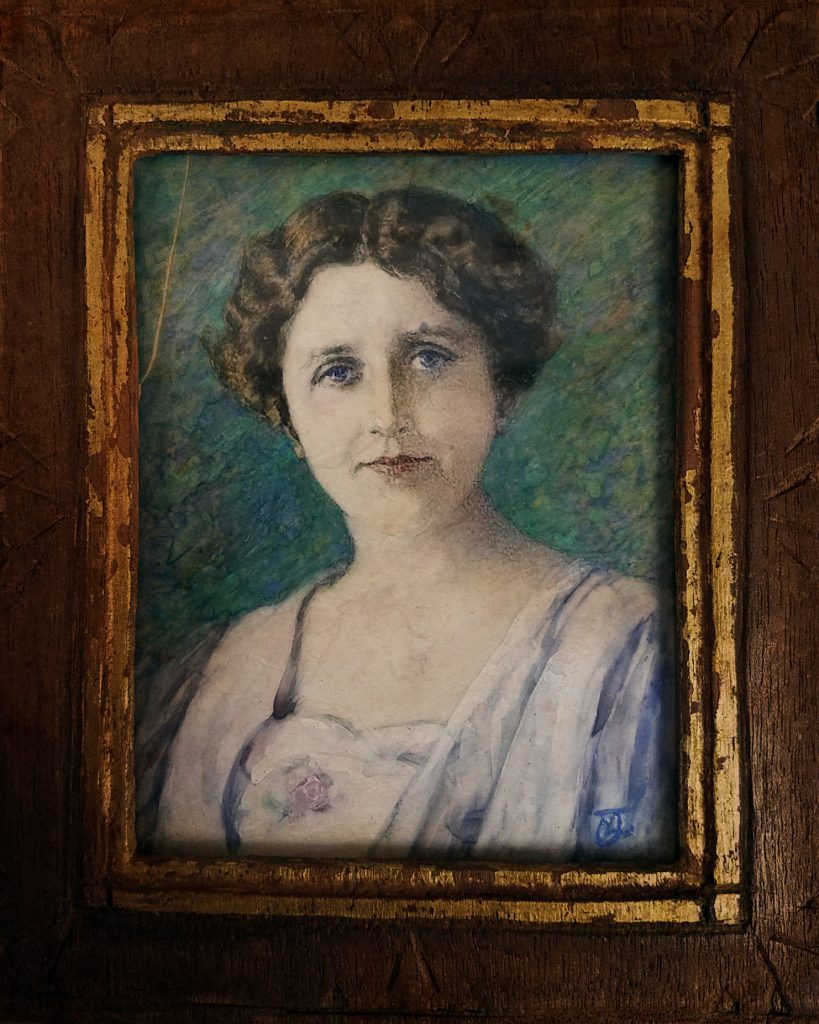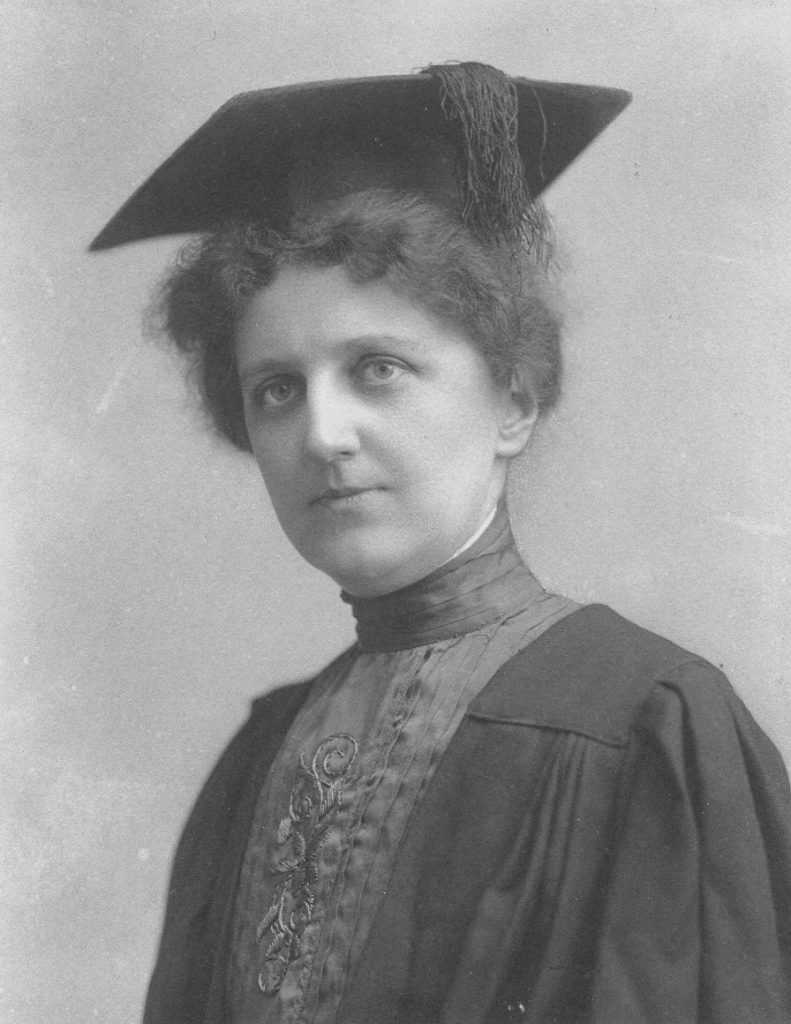Editor’s note: The following story is an excerpt from the full version, published in MHEP (Mennonite Historians of Eastern PA) Quarterly in Winter 2000. The story is a fascinating piece of our own church history as we honor women’s history month in March.
In 1916, the Rev. Dr. Ann Jemima Allebach was called to serve as pastor of the Sunnyside Reformed Church in Long Island City, NY. The parish had been without a pastor for more than ten years, and there had been talk of selling the property and relocating the congregation. Allebach served the church for approximately two years. She was a Mennonite, a member of the Eastern District Conference of the Mennonite Church.

The Sunnyside Reformed Church began to recover under the leadership of Pastor Allebach. Attendance at worship doubled. An article in the New York World claimed that attendance at the Sunnyside Church grew from four members to 600 during Allebach’s ministry. Allebach’s ministry was purposeful, pastoral, lively, and fun. “A Woman Parson Who Really ‘Ministers’” was the title of a feature article about her in the magazine section of the New York World dated December 23, 1917.
Rev. Allebach was recognized as an exceptionally fine preacher and public speaker. Years before pastoring the Sunnyside congregation, she drew great crowds at her home church. “The three churches were filled with people. The Eden Church in the morning was filled. The Zion main room could not hold nearly all the people, and the folding doors had to be opened. The Harleysville chapel was filled to overflow that many claimed there were never so many people inside that building.”
With so little encouragement from the institutional church, what led her to take the path to ordination? Although her family encouraged and supported her education (which included attending Ursinus College for Normal School, Columbia University, Union Theological Seminary, and New York University), and although she came from a “family of parsons” as she put it, there is no indication that her family encouraged her to enter the ministry.
As a child, Ann Allebach attended the Eden Mennonite Church in Schwenksville, PA where she was baptized in 1892. In 1907, J. W. Schantz became the pastor and, he, with N. B. Grubb, ordained Allebach to the gospel ministry in 1911. The Reformed Church in America would not ordain women until 1973. The Eastern District Conference, her own tradition, would not ordain another woman until 1980.

Response to the ordination was mixed. The Philadelphia newspaper covered the story and printed her picture. The weekly bulletin of the First Mennonite Church reported, “The service this morning is one that is unique in the history of our Church. The ordination of Miss Annie J. Allebach to the gospel ministry; Miss Allebach has been engaged in Gospel work for some years; in fact, for many years, and has proven herself well worthy of the office to be conferred upon her today.”
On the other hand, the minutes of the 113th Eastern District Conference meeting on May 7, 1911, made no mention of Allebach’s ordination, even though her brother was the President and Schantz (who presided over the ordination) was secretary of the meeting. Neither Grubb nor Schantz reported the ordination, nor were they questioned about it.
Several years later, when asked about her ordination, Allebach said, “Of course I am eternally apologizing for my existence. That I have a gospel right to it few people know but perhaps you realize that women even better than men have the right to preach the Gospel. Was it not a woman that the risen Christ delivered the message to go and tell and preach what she had seen?”
Click here to read the original article.
The opinions expressed in articles posted on Mosaic’s website are those of the author and may not reflect the official policy of Mosaic Conference. Mosaic is a large conference, crossing ethnicities, geographies, generations, theologies, and politics. Each person can only speak for themselves; no one can represent “the conference.” May God give us the grace to hear what the Spirit is speaking to us through people with whom we disagree and the humility and courage to love one another even when those disagreements can’t be bridged.
